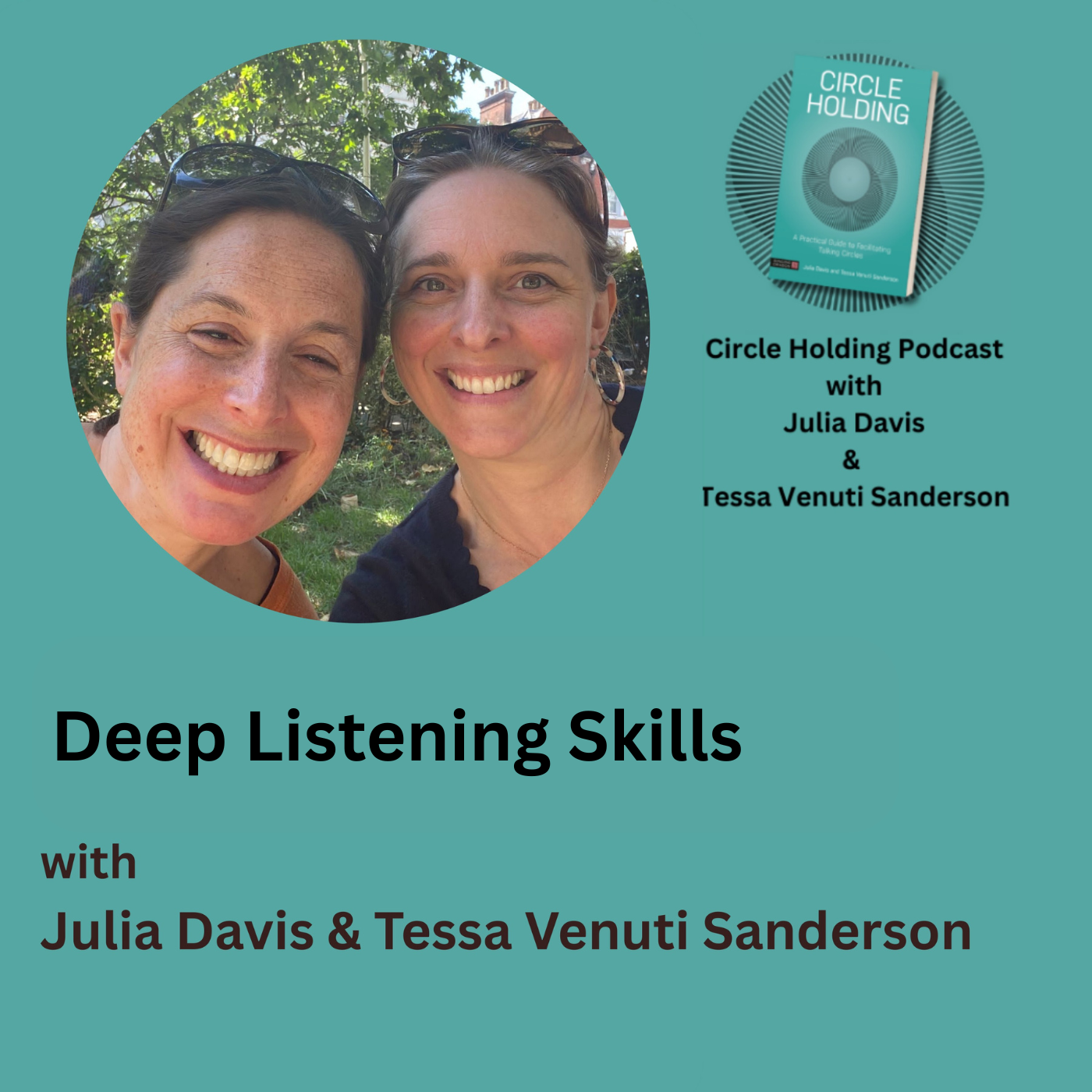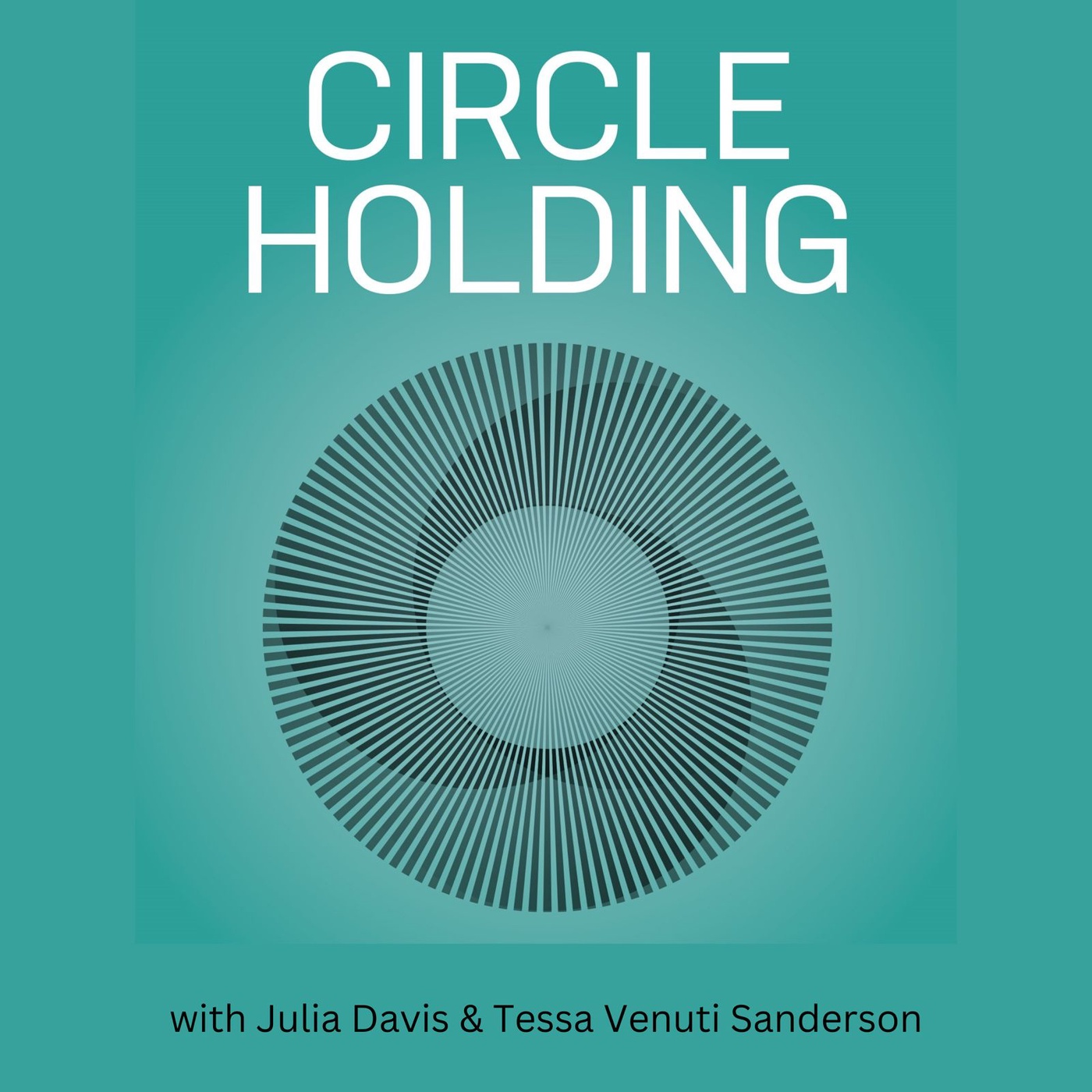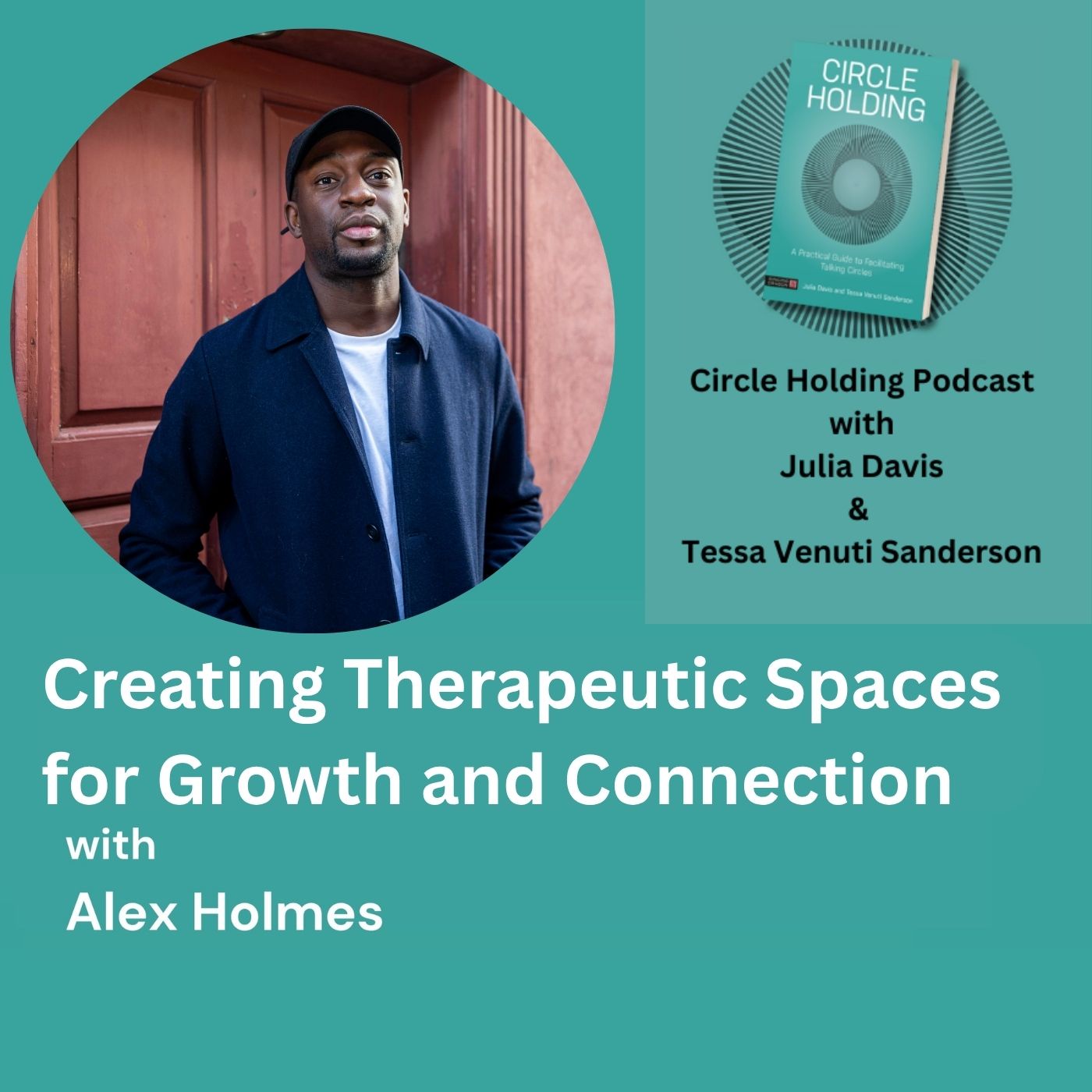Do you run a group or a circle?
Join us for insights into circle facilitation. We speak to people who have created spaces where people can speak without interruption and listen without judgement. You will learn from people who have successfully facilitated groups in schools, universities, local communities, within government and in corporate environments. You will discover how these circles were created, funded and learn how you can create and build your own communities and circles. Listen to shorter episodes with Julia and Tessa for explorations into concepts about circle holding and practical tips:
* What is a talking circle?
* What is circle holding as a role?
* How do you manage big personalities and big feelings ?
* How do you support deep listening?
* Should it be free, by donation or a charge?
* Are talking circles just a bit woo woo?
* And favourite memories and challenging moments in circle time
Listen to longer interviews with diverse circle holders for fantastic insights into holding space:
Series 1
* Imposter syndrome and group dynamics with Kate Codrington
* Radical empathy with Narrative 4’s Lee Keylock
* Co-facilitation with Red School's Alexandra Pope and Sjanie Hugo Wurlizter
* Circle as a container for breathwork with Benedict Beaumont
* Working with children and talking about sensitive topics with Jane Bennett
* Creating space for health masculinity with Lee Stegels
* Funding what your community needs with Becoming Mum’s Liz Allum
* Including diverse voices through Participatory Democracy with Andy Pierce
Series 2
* Diversity and Inclusion in Circle with Mike Irwin of Mankind Project (part 1)
* Embodied Listening: Focusing as a Technique in Circle with Marta Fabregat
* Running A Circle at Home (and Plant Medicine) with Nicky Yazbeck
* The Nuts and Bolts of Circle Facilitation with Mike Irwin (part 2)
* Listening as Compassionate Leadership with Jenny Burrell
* Peace Circles in Schools with Roy Leighton
* Sex Education with Dr Sophie King Hill
* Sensual Circles with Henika Patel
You can help this podcast continue to broadcast by donating:
https://www.gofundme.com/f/spread-stories-of-communities-building-circles-of-hope/



